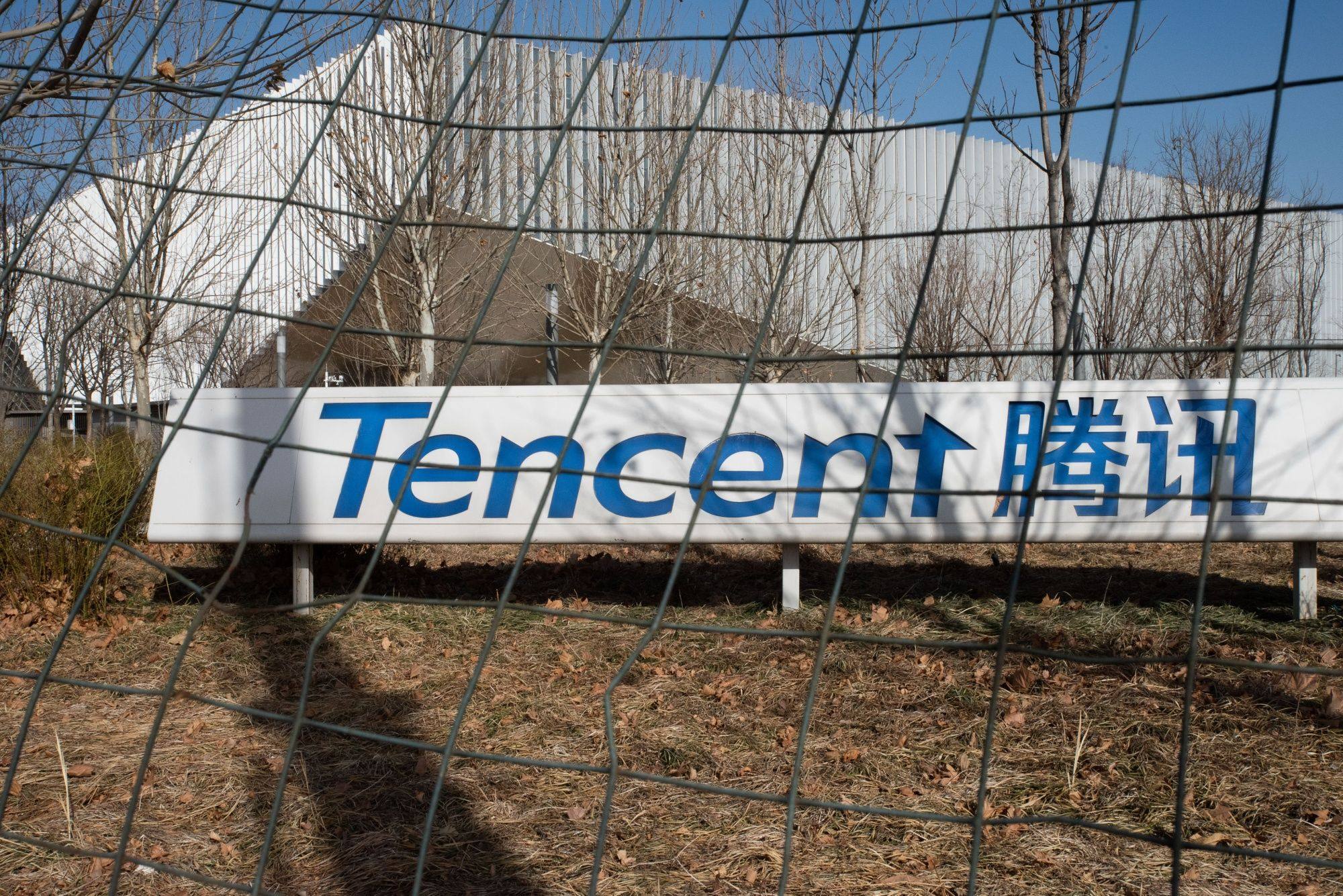
China’s finance influencers face stricter rules on Tencent’s live-streaming channels as Beijing moves to shore up confidence on economy
- Finance live streamers on WeChat must now be licensed professionals and cannot offer market predictions, according to the new rules
- While China is making headway with its post-pandemic recovery, it continues to wrestle with a string of economic challenges
Tencent Holdings has tightened its rules for live streamers producing financial content on its popular social media platform WeChat, as Beijing ramps up scrutiny of online speech to arrest waning confidence in the country’s economy and markets.
Only licensed professionals are now permitted to be finance live streamers on WeChat, and they must show up in person during live sessions, according to new platform requirements that took effect on Monday.
Finance live streamers whose topics cover stocks, bonds, funds, insurance and trusts are also banned from sharing specific investment advice, such as market predictions and analyses of so-called candlestick charts.
The new rules on WeChat Channels, an in-app video section launched in 2020, come as internet companies in China continue to ramp up content regulation in response to government demand.

In particular, online commentators focused on discussions of financial markets and the economy have increasingly become subject to a crackdown, as Beijing seeks to boost investor sentiment amid a rocky economy.
While it was unclear which exact social media posts led to the suspension, Wu had said on social media app Xiaohongshu that “the industrial economy is sluggish, and private entrepreneurs collectively lack the willingness to invest”.

